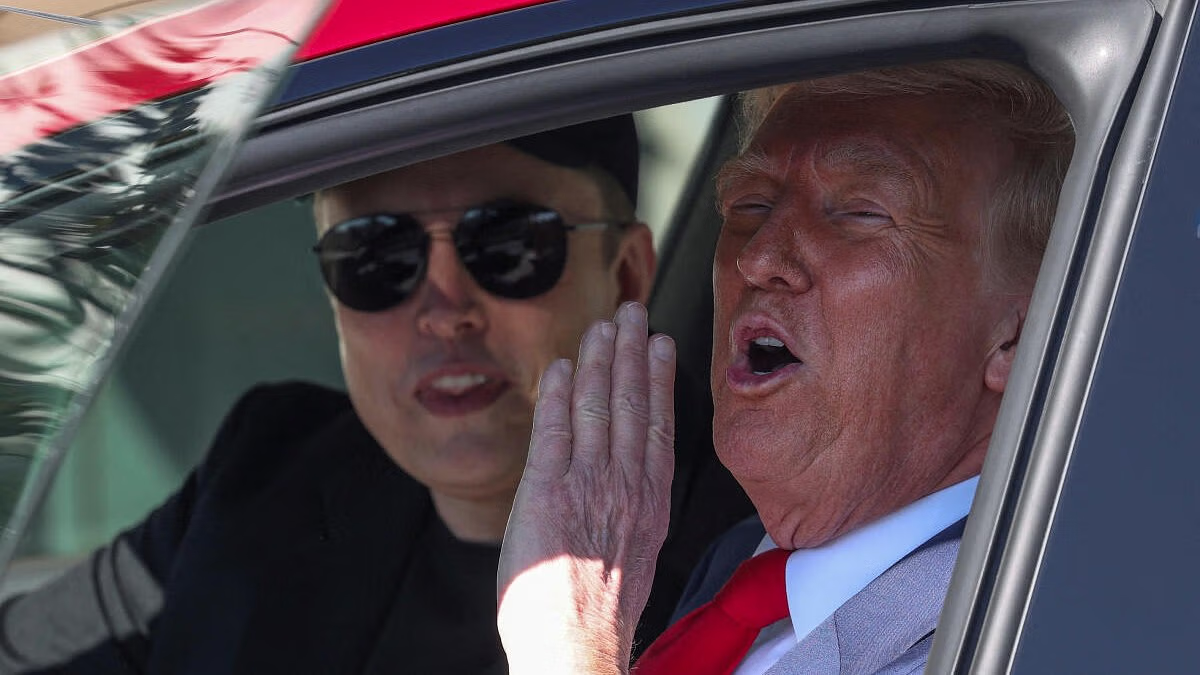New Delhi: Recent trade developments indicate that Indian auto component manufacturers could bear a heavier burden than vehicle producers in the face of newly imposed U.S. tariffs. While India’s direct vehicle exports to the United States are relatively low, the nation’s auto component sector, deeply integrated into global supply chains, faces significant exposure.
U.S. President Donald Trump has implemented a 25% tariff on imported vehicles and auto parts, effective April 3rd. Indian auto component exporters, who supply parts to global automakers, are anticipated to experience increased pressure on profit margins.
Reports indicate that while India’s car exports to the U.S. are minimal, its auto component exports are substantial, creating a point of vulnerability. The increased costs to global automakers will lead to those companies pushing those costs onto the component suppliers. Indian vehicle manufacturers, largely focused on domestic sales, are expected to be less affected by the tariffs.
However, companies with global subsidiaries that export to the U.S. will be affected. Industry analysts suggest that Indian companies may need to diversify their markets and optimize costs to mitigate the impact. There is also analysis that due to other countries also being impacted by the tariffs, this could create opportunities for Indian companies to increase market share in the U.S. The Global Trade Research Initiative (GTRI) has stated that while the announcement sent ripples through global automotive markets, its implications for India’s auto industry remain limited–and may present an opportunity for Indian exporters.
The tariffs are expected to disrupt global automotive supply chains, affecting countries heavily involved in U.S. automotive production.



